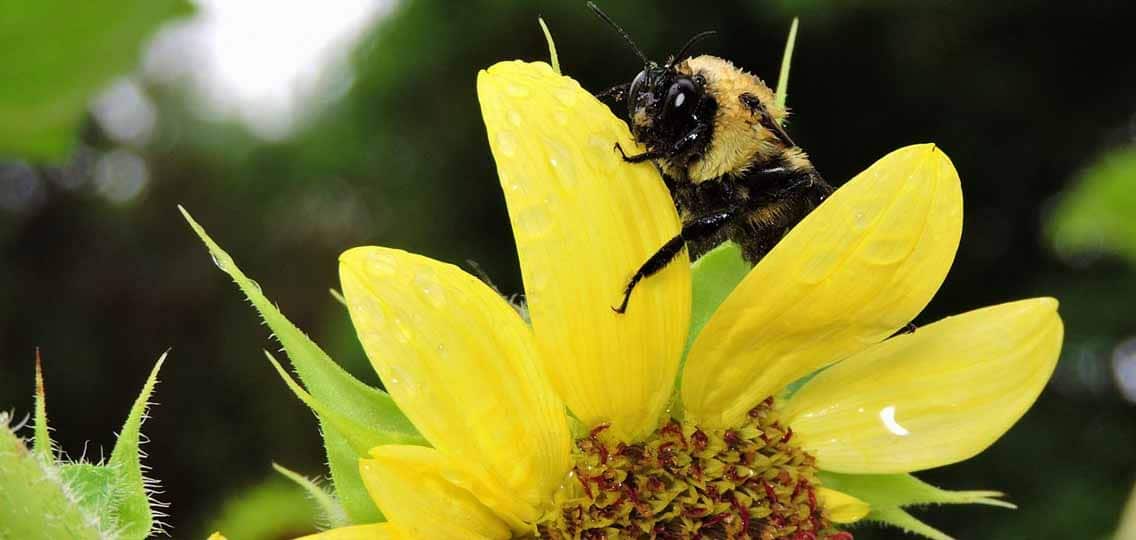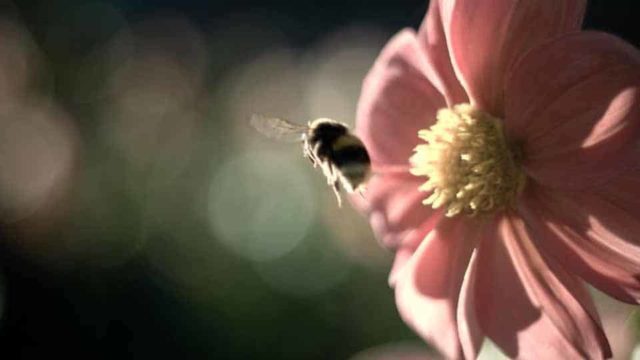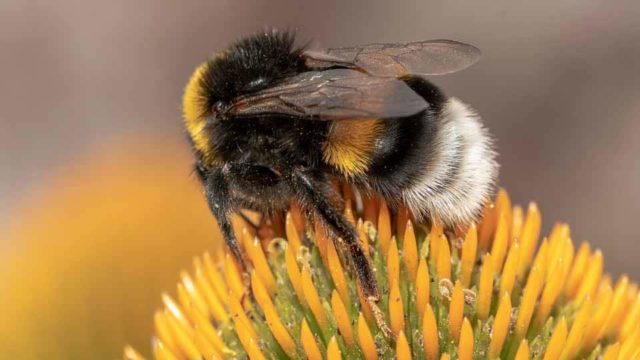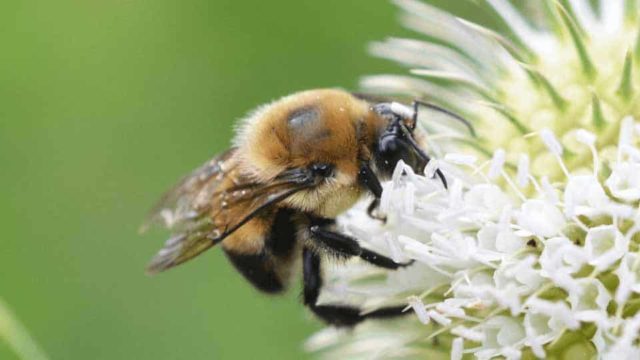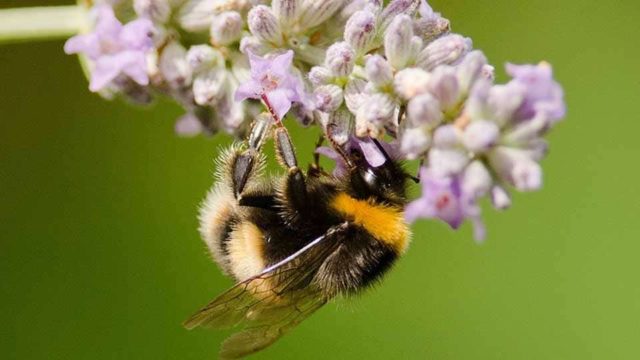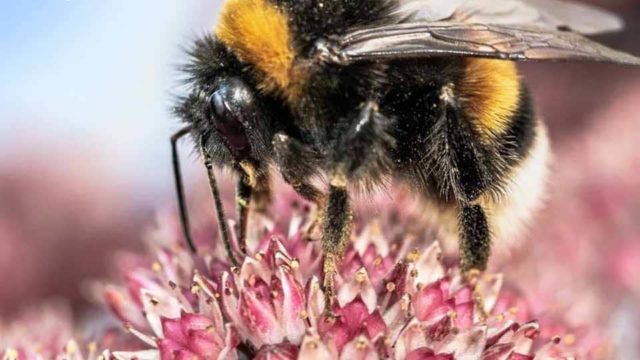Ecojustice went to Federal Court in November 2018 to challenge conditional registration of some Thiamethoxam pesticides, which are toxic to bees and other pollinators. We argued that these pesticides are unlawfully registered in Canada due to the lax oversight by Health Canada’s Pest Management Regulatory Agency (PMRA).
Neonicotinoids, or neonics, are systemic chemical insecticides that are found in all tissues of treated plants, including pollen and nectar. They are widely used in modern, intensive agriculture.
In the agriculture sector, neonics are marketed as a way to protect crops from harmful insects. But studies show that these pesticides are also likely to harm “non-target organisms” like native bees, which are responsible for pollinating one third of the world’s crops and 90 per cent of all wild plants. Neonics are one of the largest threats to colony size and health in Canada. Research suggests neonics have played a role in mass bee die-offs, and that the pesticides harm bees’ metabolic, immune, and reproductive functions, and negatively affect bees’ foraging and homing behaviour.
In August 2018, the PMRA proposed to eventually phase out outdoor uses of two widely-used neonicotinoids, Thiamethoxam and Clothianidin, due to the risks they pose to aquatic invertebrates and the fish, birds, and other animals that rely on them as a food source. However, the same day, despite recognizing the dangerous risks Thiamethoxam poses to the environment, the PMRA extended Thiamethoxam’s registrations to December 2020 and proposed granting additional three-year registrations.
In April 2019, Ecojustice received a decision that our lawsuit was not successful. The court did not consider the merits of the case and declined to consider the issues on mootness grounds. This meant that the Court did not make any findings on the PMRA’s actions. (David Suzuki Foundation et al. v. Attorney General of Canada et al. 2019, FCC 411.)
Despite the fact the PMRA’s own research concluded that some uses of Thiamethoxam neonicotinoid pesticides pose unacceptable risks to pollinators, all the products remain conditionally registered until December 31, 2020.

